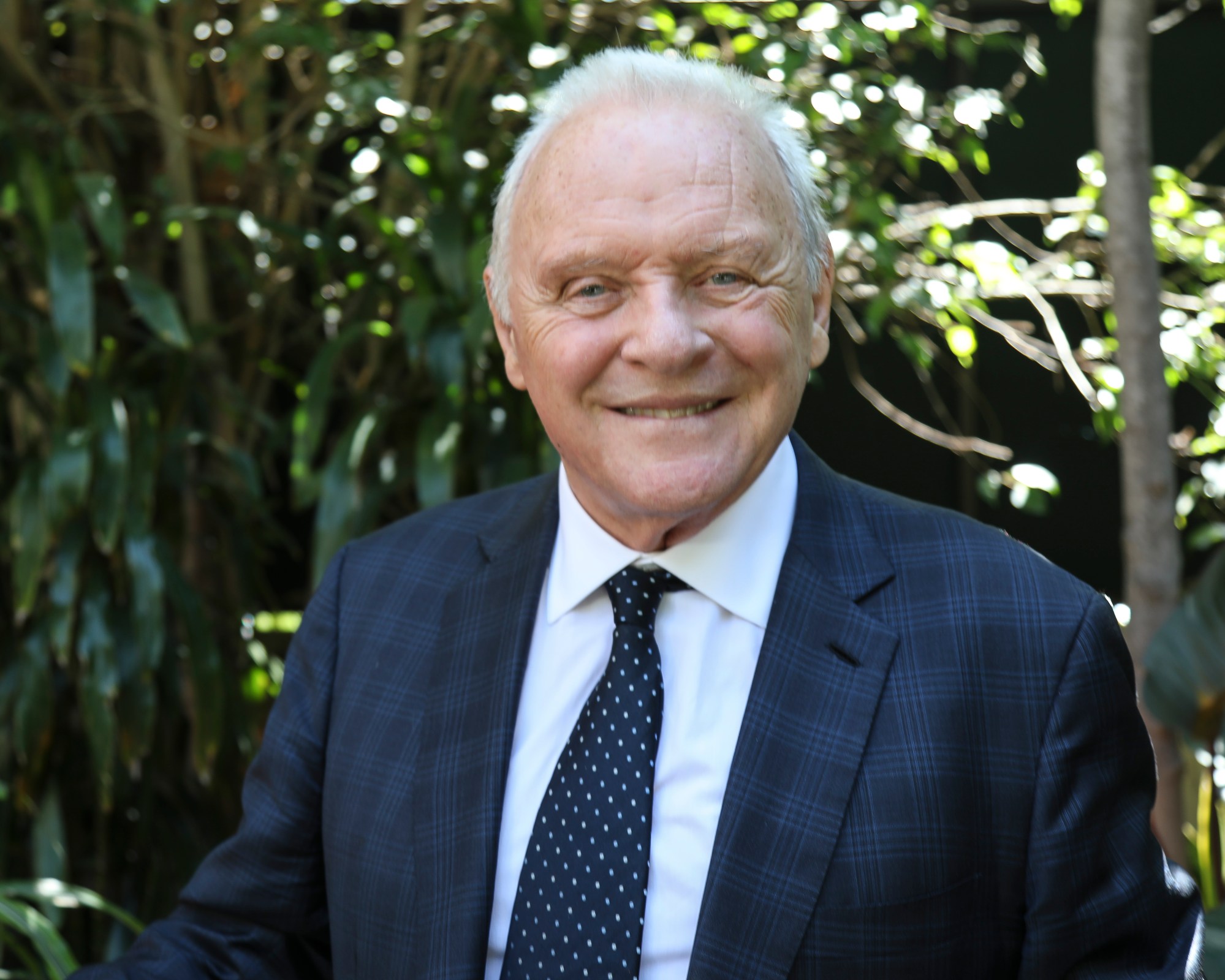
- Interviews
HFPA in Conversation: Sir Anthony Hopkins Revisits King Lear
Playing William Shakespeare’s King Lear for the second time was a dream come true for Sir Anthony Hopkins. “My relationship with Shakespeare’s a little bumpy. I’ve never been that comfortable in it. But I did King Lear 30 years ago. It was a very good production, but I was too young, too inexperienced and I think it was a bit of an ego that drove me to do it,” he tells HFPA journalist Jenny Cooney.
Years passed. Then Hopkins worked with Sir Ian McKellen on the TV film The Dresser, an adaptation of Ronald Harwood’s stage play that takes place mainly in a theater’s dressing room during a production of King Lear. Director Richard Eyre suggested another try for King Lear.
“I had wanted to for a long time. And I had ideas about it. I prepared for it and Richard, thank goodness, agreed to direct it. We had a long correspondence by email, I told him my ideas of how I wanted to play it, which was not to theatrical sense of fanfares and bowing and scraping, but as an old guy who was very, very old and dying really, wants divided kingdom. That’s how we started, and it was one of the best times that I think I’ve had on anything.”
Hopkins finds similarities between him and King Lear. “I wanted to make it very fast, very accessible, no-nonsense. Get on with it. That’s the nature of Lear. That’s my nature as well. It’s easy for me to play that kind of person because I’m very focused and get on with it. I’m impatient with that. I can’t spend time sitting around talking about a part.”
Hopkins started over 50 years ago as a young student in Cardiff, at the Royal Welsh College of Music & Drama school. “I came out of the army in 1960 and then I got a few jobs in repertory companies. I began to think maybe this is what I should do. I really was a bad boy. I had very little discipline, no technique. But one thing I didn’t know was, you have to know your stuff, you have to know your text. Then I went to the Royal Academy. I learned a great deal on the psychology of personal psychology, psychological types to apply to my work. That’s what I’ve been doing ever since. It’s in my muscles and my nervous system to be an actor. And it’s a pretty good life,” he says. “It’s the greatest education I’ve ever had on the humanities about life, about psychology, about myself and about people. That’s why I think playing Lear at the age of, I’m going to be 81 at the end of this year, I’m the right age to do it. I understood that going in when I was doing the film with Richard Eyre and Emma Thompson, everyone, that’s a wonderful cast. But I knew how to play it because I’m that. I’m that no-nonsense person.
Listen to the podcast and hear why he thinks acting is a hobby for him; why he is not taking himself seriously; how he learns his lines; how he met Richard BurtonLaurence Olivier; why he thinks ignorance is bliss; what advice Katharine Hepburn gave him when Peter O’Toole asked him to do a screen test for The Lion in WinterSteven Spielberg, Oliver Stone, Richard Eyre, and other directors; where did he read the script Silence of the Lambs; why he knows what scares people; why he returned to play Hannibal Lecter; why he did not speak with Jodie Foster on the set; which performance he is most proud of; what is his take on award ceremonies; how was his experience on WestworldPope – and why did he needed a vacation before that; and why music and painting are important to him.
Listen to the conversation here or, for immediate access to all of our podcasts, subscribe to HFPA in Conversation on iTunes.

